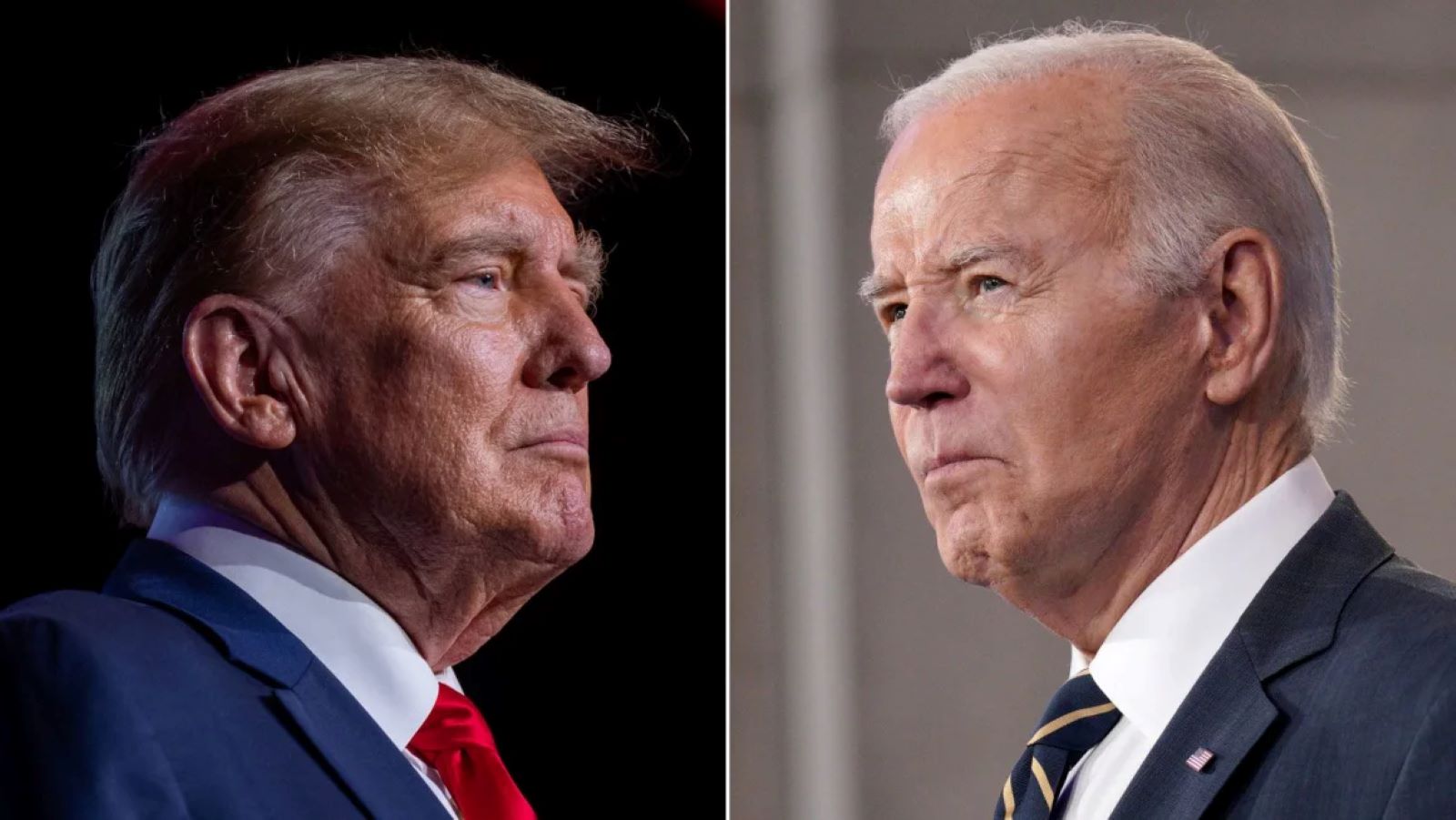The United States is working on a plan to enable remittances to be sent to the Cuban people without the Castro regime being able to confiscate a portion of those currencies.
:quality(85)//cloudfront-us-east-1.images.arcpublishing.com/infobae/6KH2MHM2MZCERN55T4RQEX7FHQ.jpg)
Joe Biden asked the Treasury Department to make recommendations to him within a month on “how to maximize the flow of remittances to the Cuban people, without the military taking part.”
Last November, under the government of former President Donald Trump (2017-2021), Washington banned the sending of remittances to Cuba, a decision that kept Biden in place and put further economic pressure on the island.
A US official told reporters on Friday that The White House wants to make sure first that the Havana government does not keep a portion of the money, which is difficult to guarantee.
Analyst Manuel Orozco, a member of the Inter-American Dialogue, explained in an interview with the program CNN Café That more than 60% of remittances sent to Cuba are done informally, through what are known on the island as “mules” or “travelers”, and do not contribute money to the government. “There are about 800,000 transfer transactions per month, of which about 300,000 are done officially, through media outlets such as Western Union or MoneyGram, among others,” he said. “The government is left, with these transactions, about $2 each, i.e. it may make a maximum of $1 million per month.”
Orozco asserts that official remittances are also under the control of Fincimex, a financial company of the State of Cuba. The United States imposed sanctions on it in 2020, which is why the transfers have been affected by recent Washington policy.
According to estimates by the Inter-American Dialogue, the Washington-based Cuban International Affairs Research Center in 2019 received remittances worth more than 2055 million US dollars, which represents 2% of Cuba’s GDP.
Biden also indicated that they are “working” to increase the number of embassy staff in Cuba.In 2017, nearly thirty US diplomats suffered mysterious “health accidents”, the motives of which have not yet been clarified.
Referring to the Internet, the Democratic leader asserted that they are looking at “all available options” to ensure Cubans have full access to that service, and to allow people to “evade censorship.” “You always know something is wrong when a country doesn’t allow its people to be online and make their case around the world,” Biden stressed.
:quality(85)/cloudfront-us-east-1.images.arcpublishing.com/infobae/EXPMIIC2WZWVD4T4XYZMEH57FU.jpg 420w,https://www.infobae.com/new-resizer/pP6TOjpoVFAHWSymkaivlB3DHuI=/768x512/filters:format(jpg):quality(85)/cloudfront-us-east-1.images.arcpublishing.com/infobae/EXPMIIC2WZWVD4T4XYZMEH57FU.jpg 768w,https://www.infobae.com/new-resizer/C4ehKHLiYTA176l0mEiXWxDaWhM=/992x661/filters:format(jpg):quality(85)/cloudfront-us-east-1.images.arcpublishing.com/infobae/EXPMIIC2WZWVD4T4XYZMEH57FU.jpg 992w,https://www.infobae.com/new-resizer/XvjNS1cIwVcAhIUejZMoJ-cGF0Q=/1200x800/filters:format(jpg):quality(85)/cloudfront-us-east-1.images.arcpublishing.com/infobae/EXPMIIC2WZWVD4T4XYZMEH57FU.jpg 1200w)
Yesterday, the United States announced more sanctions against the Cuban regime, this time against the National Revolutionary Police and two of its leaders.After the July 11 protests.
The US Treasury has sanctioned Oscar Callejas Valcars, director of the Pakistan National Registry, and his deputy, Eddy Sierra Arias, for their alleged role in suppressing unprecedented anti-government demonstrations in the Caribbean nation.
Sanctions prohibit any assets that Caligas, Sierra, or members of a PNR may have under US jurisdiction, and prohibit those in the US from negotiating with them, based on the US Magnitsky Act.
Yesterday was the second round of sanctions imposed by the Biden government, after the Treasury last Thursday announced measures against the Cuban Revolutionary Armed Forces Minister, Alvaro Lopez Meira, and an elite military unit known popularly as “The Blacks.” Wasps” or “black berets”.
“We hold the system accountable,” Biden said hours later, receiving a group of Cuban Americans at the White House on Friday.
In addition, he promised more sanctions “unless there is a fundamental change in Cuba,” and predicted among the beneficiaries “people who commit violations of the system.”
Read on:

“Bacon advocate. Certified creator. Twitteraholic. Tv junkie. Beer fanatic. Internet nerd. Passionate thinker. Reader.”




:quality(85)/cloudfront-us-east-1.images.arcpublishing.com/infobae/OF4NJDPGLBEYJAZ5XZMH3OIPJ4.jpg)



